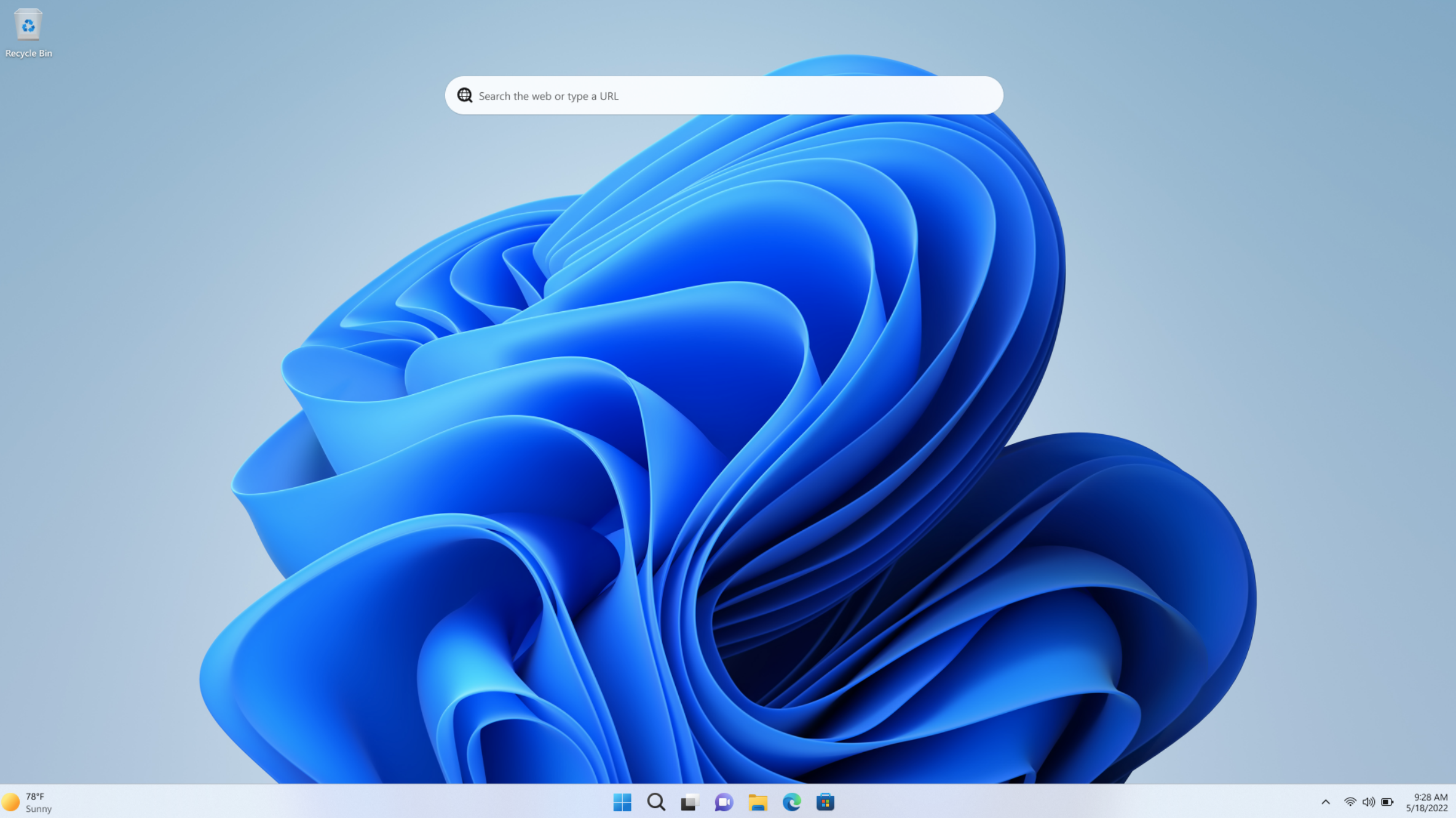
 Image: Twitter user @femcels
Image: Twitter user @femcels
Microsoft wants to be done with Windows 10 and have everyone move to Windows 11. It’s given the nine-year-old operating system an official expiration date next year, and it’s not shy about leaving those users behind. But its latest attempt to spur them on is its most brazen yet: full-page ads telling you to just go buy a Copilot+ laptop.
This isn’t Microsoft’s first alert to users that Windows 10 is being retired, and it’s not even the first time it has resorted to full-screen alerts to drive the message home. But the newest flavor of the, ahem, helpful message is much more blatant about being an advertisement. It isn’t telling users to upgrade their current operating system, which would be a legitimate and fairly easy option for any machine sold in the last three years or so. It’s something that similar alerts offered earlier this year.
Get Windows 11 Pro for cheap
Windows 11 Pro

Rather, this new alert spotted by The Verge is just a full-on advertisement for a brand-new laptop. Specifically, Microsoft’s own Surface Laptop line, though it’s merely pictured instead of named. “Want the ultimate Windows 11 experience?” asks the message. “Level up to the new Copilot+ PCs — the fastest, most intelligent Windows PCs ever.”
The message reminds you that Windows 10 will no longer be supported after October 2025. There are ways around that, but they’re expensive and temporary. Microsoft seems increasingly insistent — or possibly desperate — to get users off the older operating system.
While Microsoft tells users that they’re running out of time, you might say the same for the company itself. Less than a year away from its ultimatum, just under 61 percent of Windows machines are still running Windows 10 while Windows 11 only makes up about 35 percent. The numbers are shifting — six months ago, Windows 10 was almost 70 percent of the Windows market — but it’s a slow drift.
Let’s compare that to the same figures for Windows 8.1 and Windows 10, respectively, a year before Windows 8.1 was retired for Windows 10. According to Statcounter, at the same point in January 2017, Windows 8.1 was just 9.65 percent of the market while Windows 10 was 32.84 percent. There’s an X factor here in Windows 7, which was still running on an astonishing 47.46 percent of machines. It would take another year for Windows 10 to overtake it.
Microsoft has had a tumultuous time with the last few major releases of Windows, even while it maintains its dominance of the desktop and laptop market. In brief, people hated Windows Vista, loved Windows 7, hated Windows 8, tolerated the less-radical Windows 8.1, and loved the more conventional and powerful Windows 10 again. I wouldn’t say that people hate Windows 11, but it’s definitely gotten a much colder reception than its predecessor due to some major interface shifts and a lot more in-your-face advertising and promotion. The forced integration of Copilot AI features is also turning off a lot of power users.
Microsoft probably feels comfortable trying to strong-arm users off its older OS — it’s no stranger to doing that, after all. But 2024 is a very different time than 2017. A lot of users (possibly even the majority?) now interact with their phones more than their primary PCs, and both Macs and Chromebooks are more competitive.
Microsoft still has a stranglehold on the business market, but general consumers have a lot more options in a lot more form factors. I wonder if trying to nag people off of an OS they like and onto one they don’t is the wisest move.
Author: Michael Crider, Staff Writer, PCWorld

Michael is a 10-year veteran of technology journalism, covering everything from Apple to ZTE. On PCWorld he’s the resident keyboard nut, always using a new one for a review and building a new mechanical board or expanding his desktop “battlestation” in his off hours. Michael’s previous bylines include Android Police, Digital Trends, Wired, Lifehacker, and How-To Geek, and he’s covered events like CES and Mobile World Congress live. Michael lives in Pennsylvania where he’s always looking forward to his next kayaking trip.
Recent stories by Michael Crider:
Windows 11’s contentious Recall AI feature is finally ready to testWindows Recall will be disabled by default on enterprise PCsWindows will support Meta Quest VR headsets as native displays



